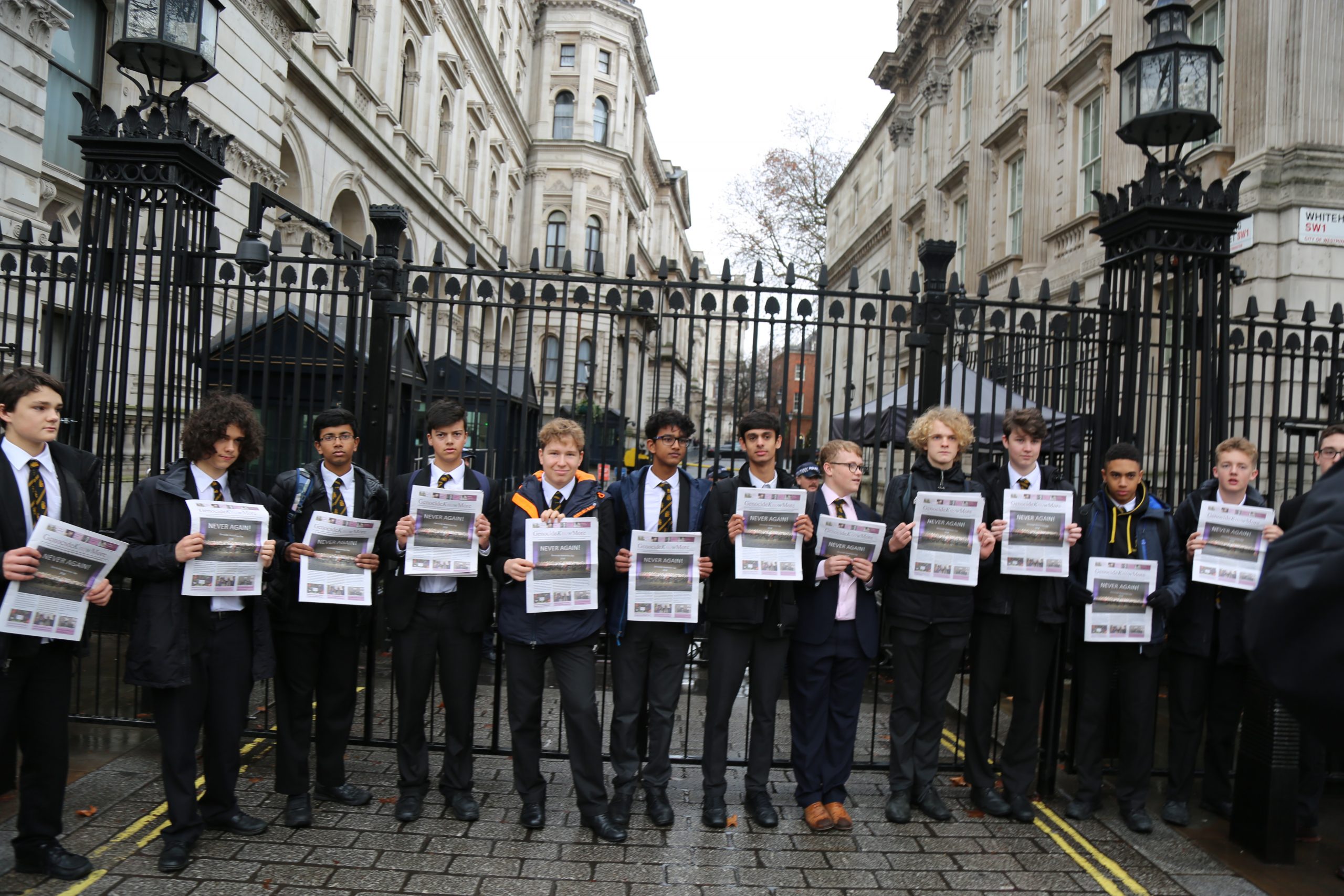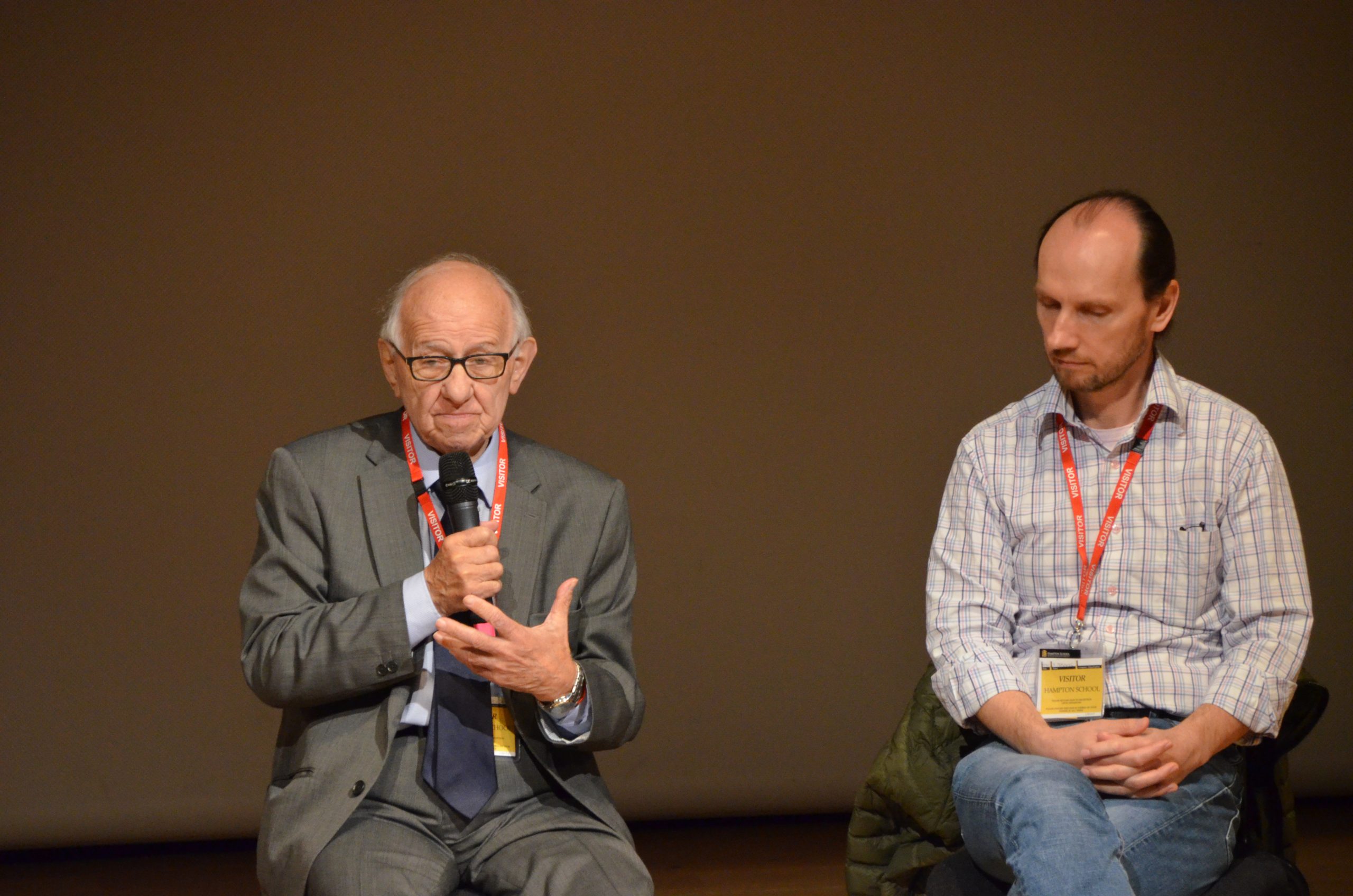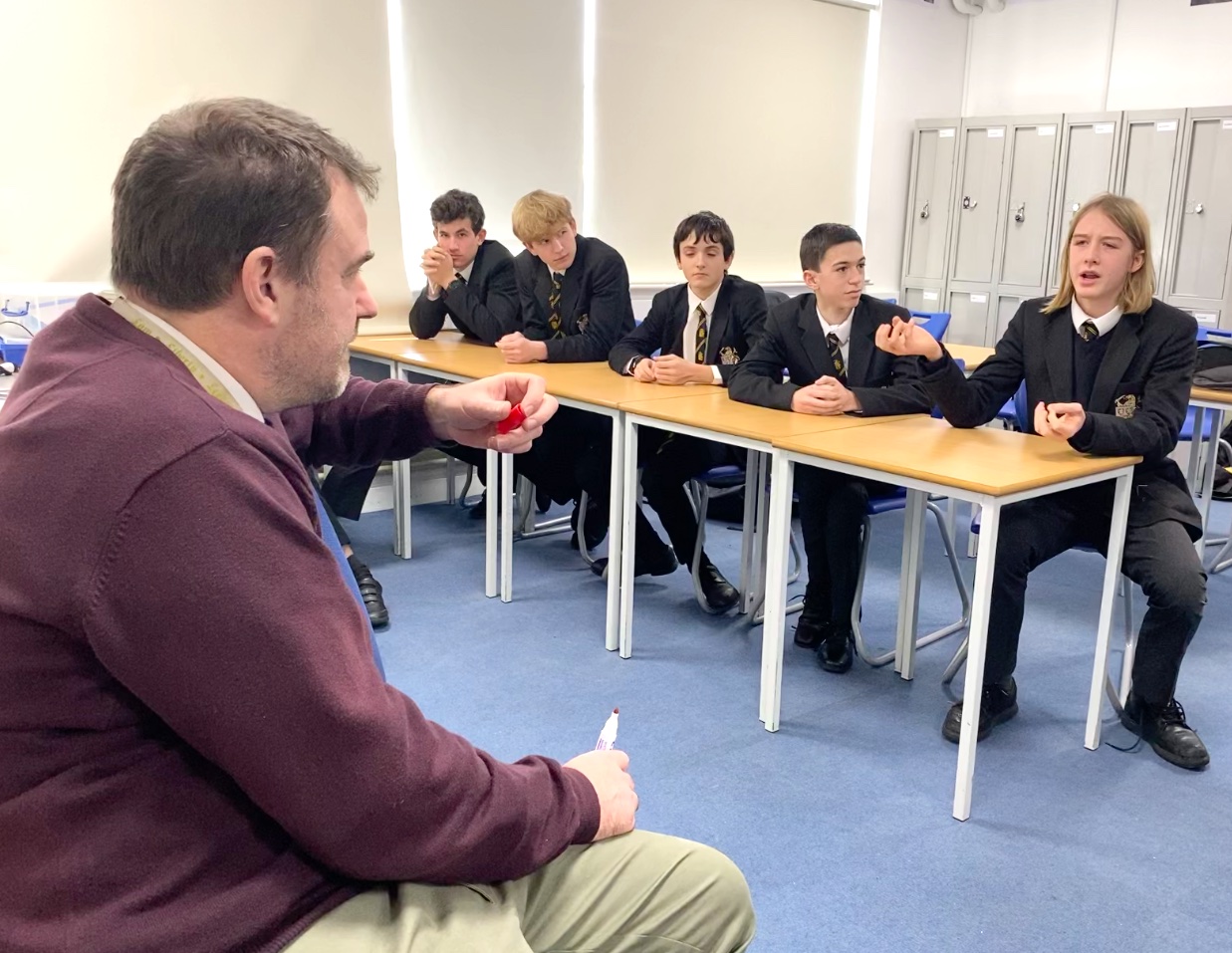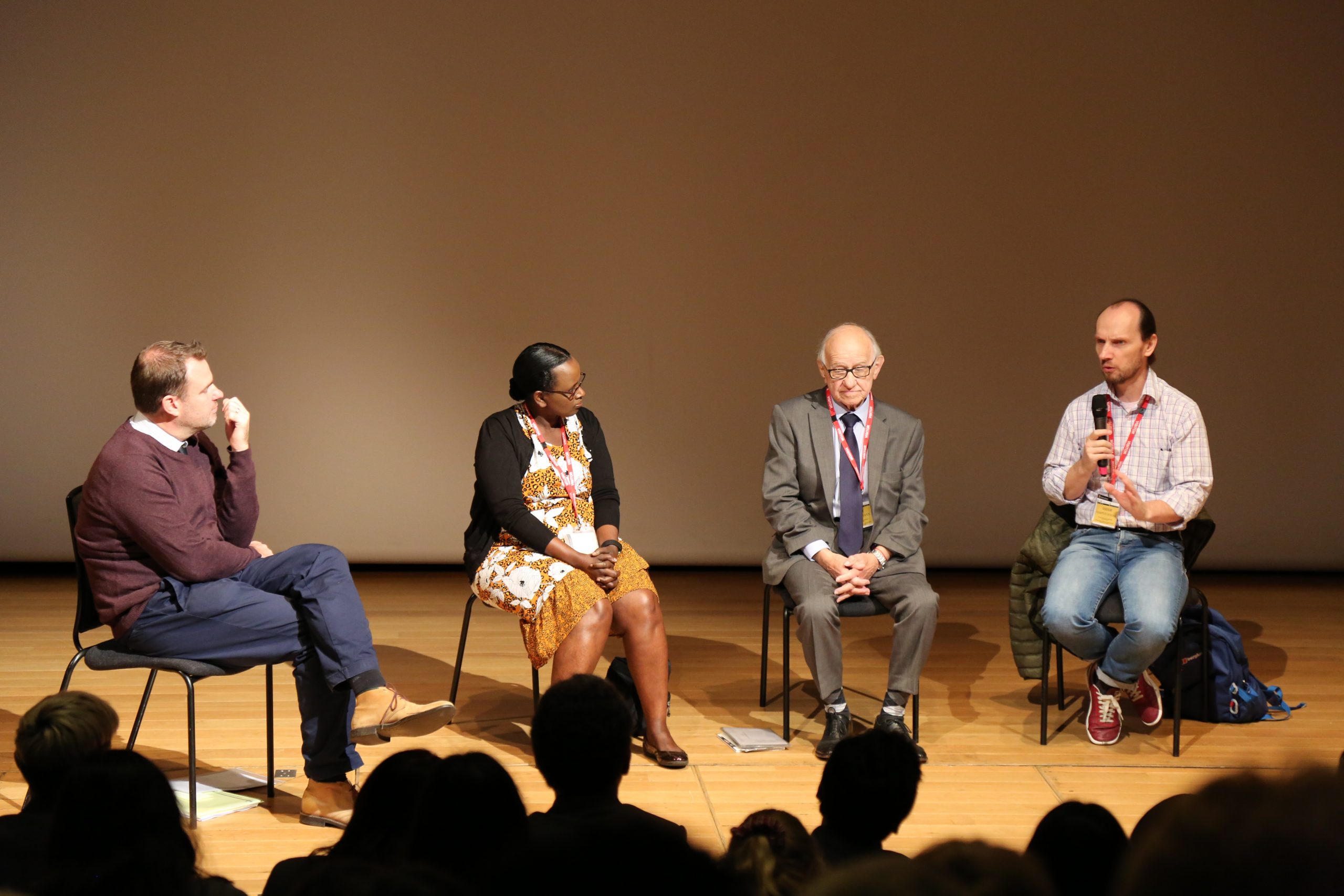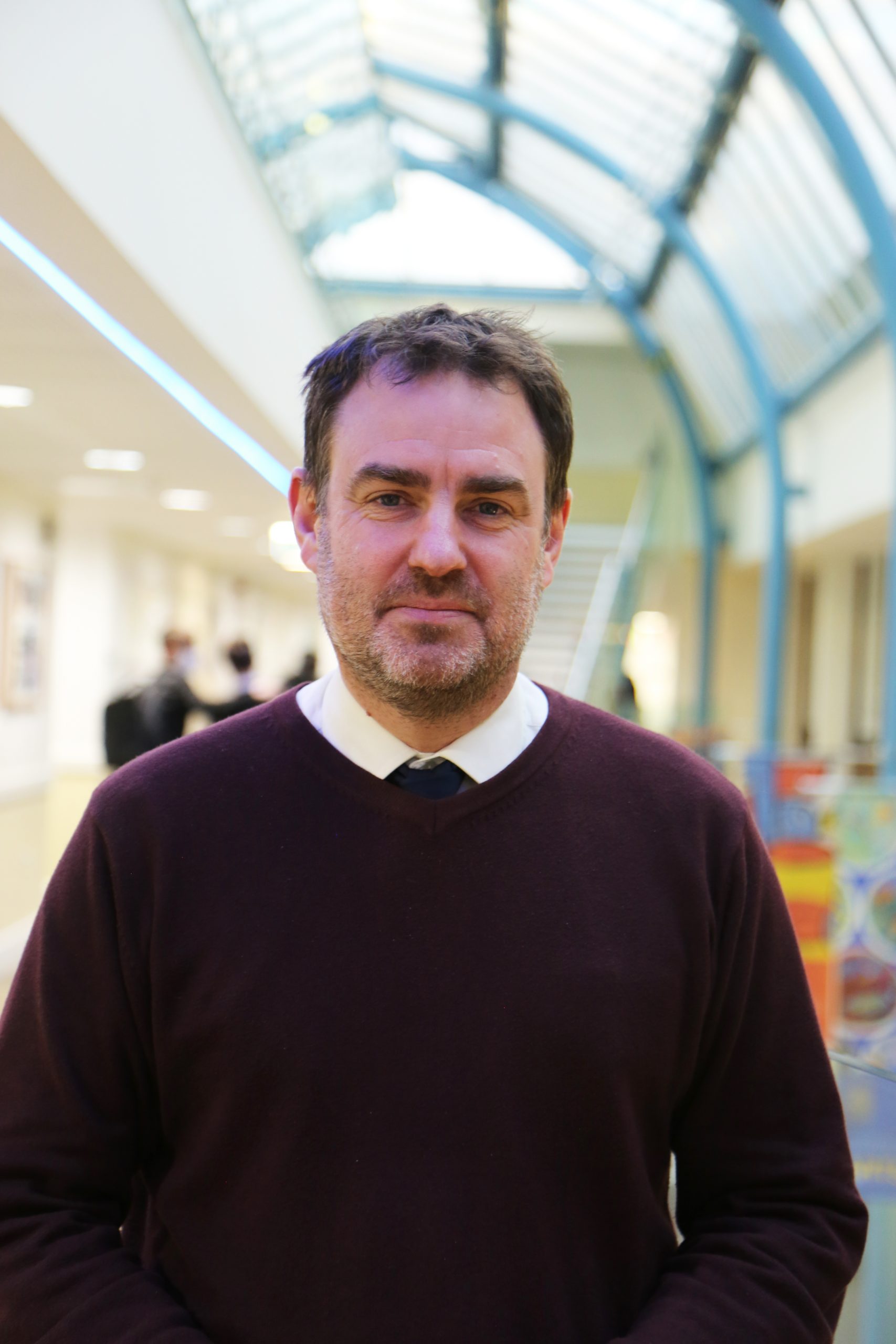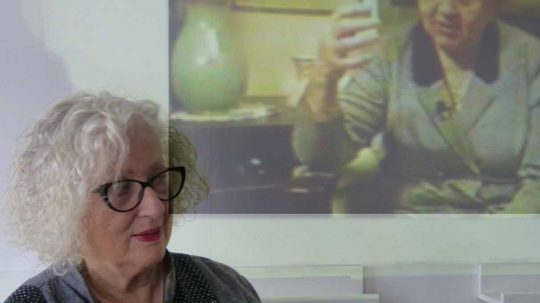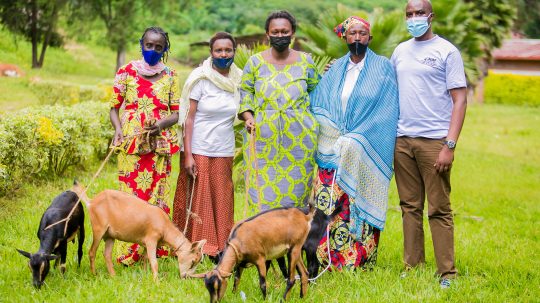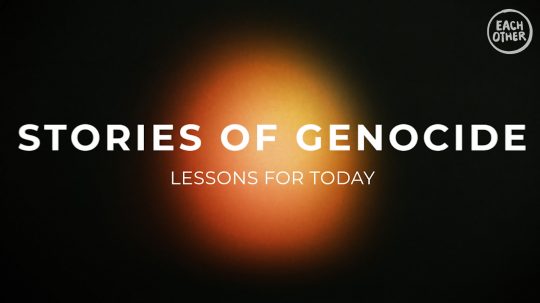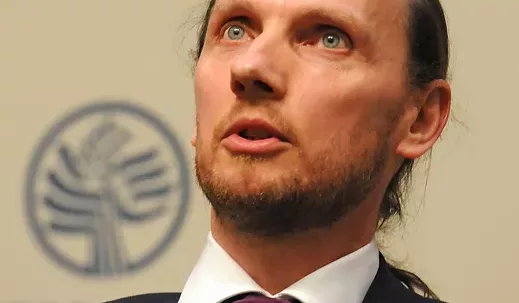The origins of the name ‘Genocide80Twenty’ are simple. A few years ago, a group of students at our school conducted a survey among their peers and found that 80% of their classmates could not name a genocide beyond the Holocaust.
Interestingly, the survey also revealed that knowledge of the Holocaust was severely limited. More encouragingly, the responses collected showed that young people see genocide as something that they should learn about in school and should also act to prevent. So, the mission of the group – and the rationale behind the name – is simple: to raise awareness of past and present genocide with the aim of preventing such atrocities from happening again.
The group was formed at Hampton School fifteen years ago when a pupil at our school saw a film about what happened in Rwanda in 1994 and thought that he and his classmates should know more about it. From there, the group was born. From just one pupil, the group has grown to its present cohort of around thirty young people who raise awareness of genocide. Here are three recent highlights that hopefully give a flavour of the group’s activities over the last few years:
Genocide Prevention Week 2021
In the week before the anniversary of the adoption of the Genocide Convention, the group decided to hold a ‘Genocide Prevention Week’ and publish an awareness-raising newspaper.
In writing the newspaper, we teamed up with young people from eight other schools around the UK (and one in the USA). We then put the newspaper online for others to read. Alongside the paper, the group interviewed genocide survivors and MPs, reviewed books and made short films and podcasts for our online audience. All in all, the ‘Genocide Prevention Week’ reached 400,000 people.
‘Genocide’: what’s that?
Rafael Lemkin, the lawyer who coined the term ‘genocide’, once ironically joked at a party, ‘Genocide. What’s that?’. It was amusing because genocide was all that Lemkin talked about. Yet, we discovered that Lemkin’s legacy was largely unknown among many young people.
So, the group wrote a short booklet about who Lemkin was, what genocide was all about, and where it had happened over the last century. The foreword was written by Stephen Fry, who we later interviewed about his family’s historic connection to the Holocaust. The group then sold the booklet around our school and local community and donated the funds to genocide education charities.
Humanising the victims of genocide
Genocide is an attempt by perpetrators to wipe out any trace of their victims. Along the way, they seek to dehumanise those they wish to destroy and frame them as the ‘other’, separating them from civil society. To fight this thinking, one key aspect of the group’s activities is to humanise the victims of past genocide.
We researched the lives of seventy-five people who were murdered in Auschwitz-Birkenau and created an exhibition for our local community to visit. Similarly, we wrote the names of 8,372 men and boys murdered in Srebrenica in 1995 on cards and laid them out in our Sports Hall for everyone to see.
So, that’s what we do. We have no special skills or resources that mean that our project should be unique in any way. Every school could have a group like ours and could have as much impact as we have had. Indeed, we think that every school should have a group that seeks to raise awareness of and prevent genocide. Imagine what could be achieved if every secondary school in the country had such a group!
_____________________
Stories of Genocide: Lessons for Today – EachOther’s documentary for Holocaust Memorial Day
For Holocaust Memorial Day, EachOther released ‘Stories of Genocide: Lessons for Today’, a documentary that tells the powerful stories of genocide survivors, and explores some of the ways their messages are being preserved and passed on to future generations.

